What Not To Pack During Backpacking: When I first embarked on my backpacking journey, I was eager to bring along everything I thought I might need. However, I quickly learned that bulky and heavy items are the bane of any backpacker’s existence.
Contents
The weight of my pack can make or break my experience on the trail, and carrying around unnecessary bulk can lead to fatigue and discomfort.
I remember the first time I lugged a heavy sleeping bag that took up half my pack; it was a lesson learned the hard way.
Opting for lightweight gear not only makes hiking more enjoyable but also allows me to cover greater distances without feeling like I’m dragging a boulder behind me.
In addition to sleeping bags, I found that bulky clothing items, such as thick jackets or heavy boots, can weigh me down significantly. Instead, I’ve learned to invest in lightweight, packable alternatives that provide warmth without the added heft.
A good down jacket or a pair of versatile, lightweight shoes can make all the difference. The freedom of movement and the ease of carrying a lighter load have transformed my backpacking experiences, allowing me to focus on the beauty of nature rather than the strain on my back.
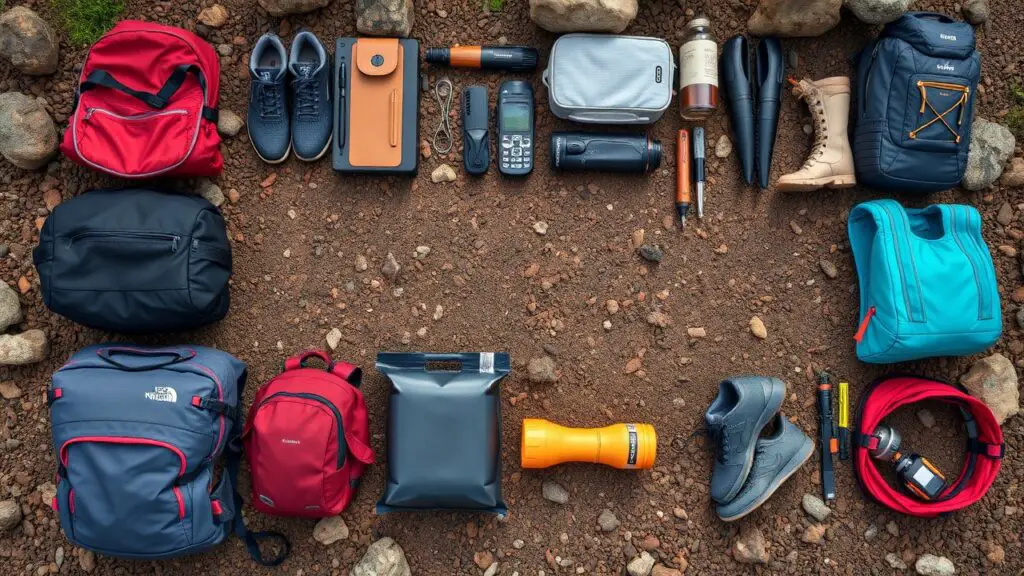
Unnecessary Electronics and Gadgets
The Burden of Multiple Devices
Carrying multiple devices not only adds weight but also increases the risk of damage or loss in the wilderness. Instead, I’ve learned to embrace the simplicity of nature and limit my electronics to just one reliable device.
The Distraction of Gadgets
The allure of gadgets can distract from the very essence of backpacking: connecting with nature and enjoying the moment. I’ve made it a point to leave behind items like portable speakers or gaming devices, which can detract from the peaceful ambiance of the great outdoors.
Embracing Simplicity and Presence
By minimizing my reliance on technology, I’ve found that I’m more present and engaged with my surroundings, allowing me to fully appreciate the beauty of each hike.
Excessive Clothing and Shoes
Packing excessive clothing and shoes is another common pitfall for many backpackers, myself included. Initially, I thought that bringing multiple outfits would prepare me for any situation, but I soon realized that this approach only added unnecessary weight to my pack.
Instead of packing for every possible scenario, I’ve learned to choose versatile clothing that can be layered and mixed and matched.
A few well-chosen items can serve multiple purposes, keeping me comfortable in varying weather conditions without overloading my backpack. Footwear is another area where I’ve had to exercise restraint.
While it’s tempting to bring along different pairs of shoes for various activities, I’ve found that one sturdy pair of hiking boots or trail shoes is usually sufficient.
They can handle a range of terrains and keep my feet comfortable throughout the journey. By streamlining my clothing choices, I not only lighten my load but also simplify my packing process, making it easier to hit the trail with confidence. For more tips on beginner backpacking mistakes, check out this article
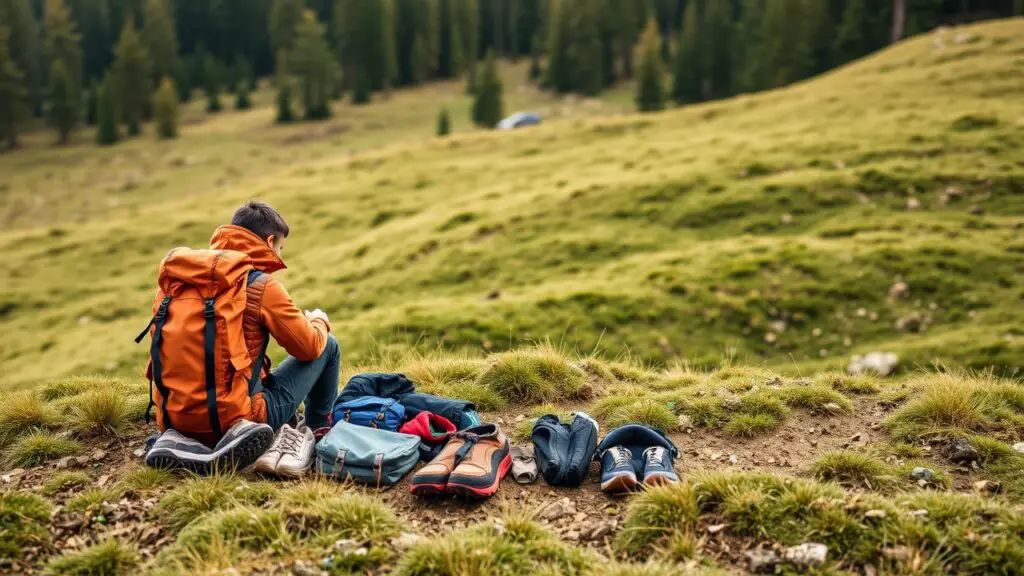
Non-Essential Toiletries and Makeup
When it comes to toiletries and personal care items, it’s easy to overpack in an effort to maintain a sense of normalcy while on the road. However, I’ve come to realize that non-essential toiletries and makeup can take up valuable space in my backpack.
Instead of bringing an entire makeup kit or an array of skincare products, I now focus on the essentials: a toothbrush, toothpaste, biodegradable soap, and perhaps a small tube of sunscreen.
This minimalist approach not only lightens my load but also aligns with the spirit of backpacking—embracing simplicity and nature. Additionally, I’ve found that many campsites offer natural alternatives for personal care.
For instance, using natural oils or balms can serve multiple purposes, from moisturizing skin to soothing insect bites.
By prioritizing practicality over vanity, I’ve learned to appreciate the raw beauty of the outdoors without feeling the need to maintain a polished appearance.
This shift in mindset has allowed me to immerse myself more fully in my surroundings and enjoy the experience without distraction.
Multiple Guidebooks and Maps
As an avid traveler, I used to think that having multiple guidebooks and maps would ensure I wouldn’t miss out on any hidden gems along my route. However, I soon discovered that carrying too many resources can lead to confusion rather than clarity.
Instead of flipping through several books or trying to decipher various maps while on the go, I now rely on a single comprehensive guidebook or a well-organized digital map on my phone.
This streamlined approach not only reduces weight but also allows me to focus on enjoying the journey rather than getting bogged down by information overload.
Moreover, having fewer resources encourages me to engage more deeply with my surroundings.
Rather than relying solely on pre-planned itineraries or recommendations from guidebooks, I’ve learned to trust my instincts and explore based on what catches my eye.
This spontaneity has led me to some of my most memorable experiences while backpacking—discovering hidden trails or charming local spots that weren’t highlighted in any guidebook.
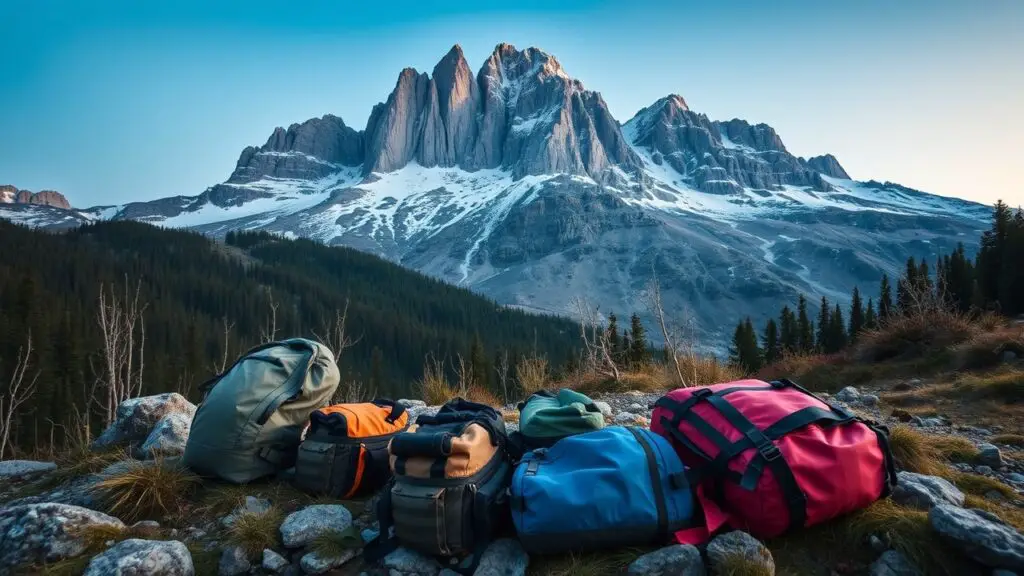
Valuables and Expensive Jewelry
One of the most important lessons I’ve learned while backpacking is to leave valuables and expensive jewelry at home. The risk of losing or damaging these items in the wilderness is simply not worth it.
Initially, I made the mistake of bringing along sentimental pieces or pricey accessories, thinking they would add a touch of style to my outdoor adventures.
However, I quickly realized that they only added stress and worry as I navigated through rugged terrain or set up camp in unfamiliar areas.
By opting for minimalistic accessories—like a simple watch or a durable pair of sunglasses—I’ve been able to enjoy my trips without constantly worrying about protecting valuable items.
This shift has allowed me to embrace the spirit of adventure fully, knowing that my focus should be on creating memories rather than safeguarding possessions.
The freedom that comes from traveling light has transformed my backpacking experiences into something truly liberating.
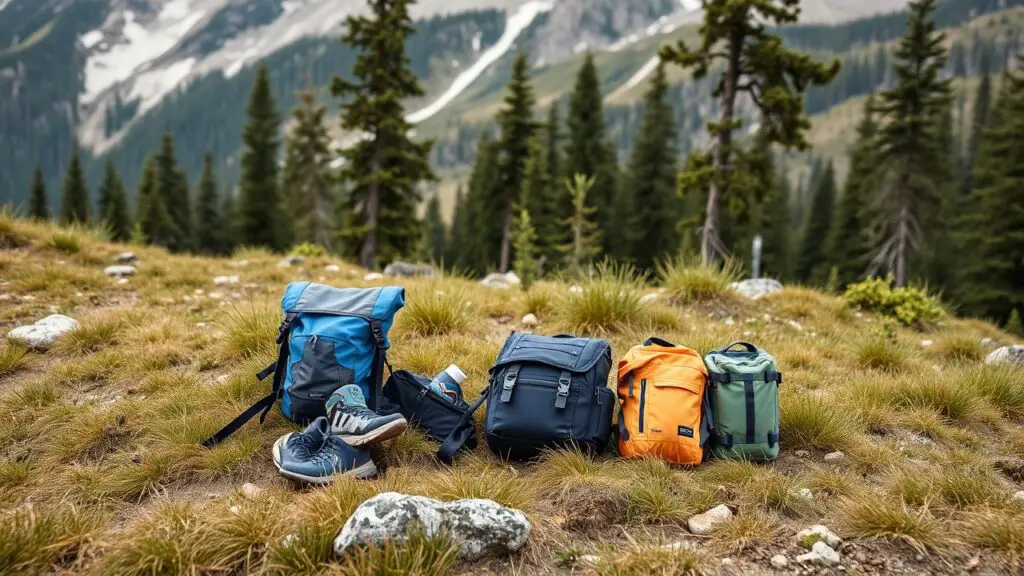
My Conclusion
Food is undoubtedly an essential part of any backpacking trip; however, packing large quantities can lead to unnecessary weight and spoilage issues.
In my early days of backpacking, I made the mistake of overestimating how much food I would need for each day on the trail. As a result, I ended up carrying extra weight that only slowed me down and made me feel sluggish during hikes.
Now, I plan my meals carefully and pack lightweight options that are both nutritious and easy to prepare. I’ve also learned the importance of hydration without overpacking drinks.
Instead of bringing multiple bottles or cans, I carry a reliable water filter or purification tablets that allow me to refill from natural sources along the way.
This not only lightens my load but also ensures that I stay hydrated without adding unnecessary bulk to my pack. By being mindful about food and drink choices, I’ve found a balance that keeps me energized while allowing me to enjoy the journey without feeling weighed down by excess supplies.

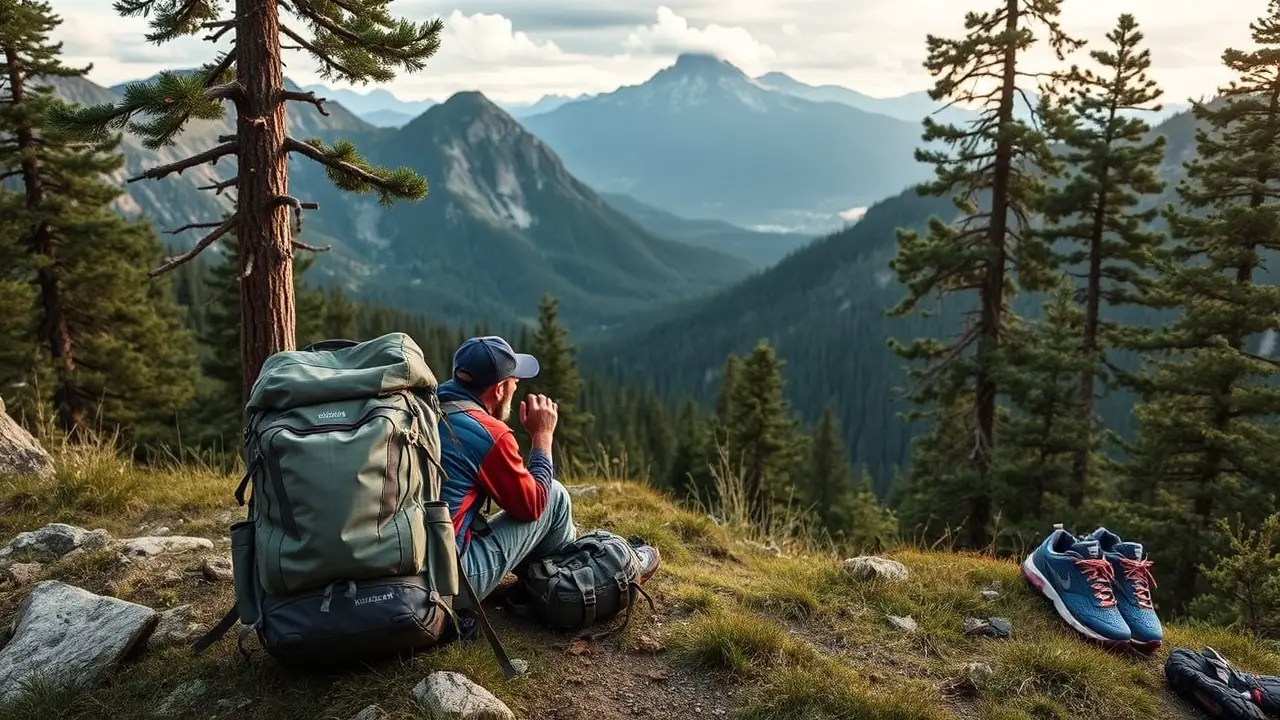




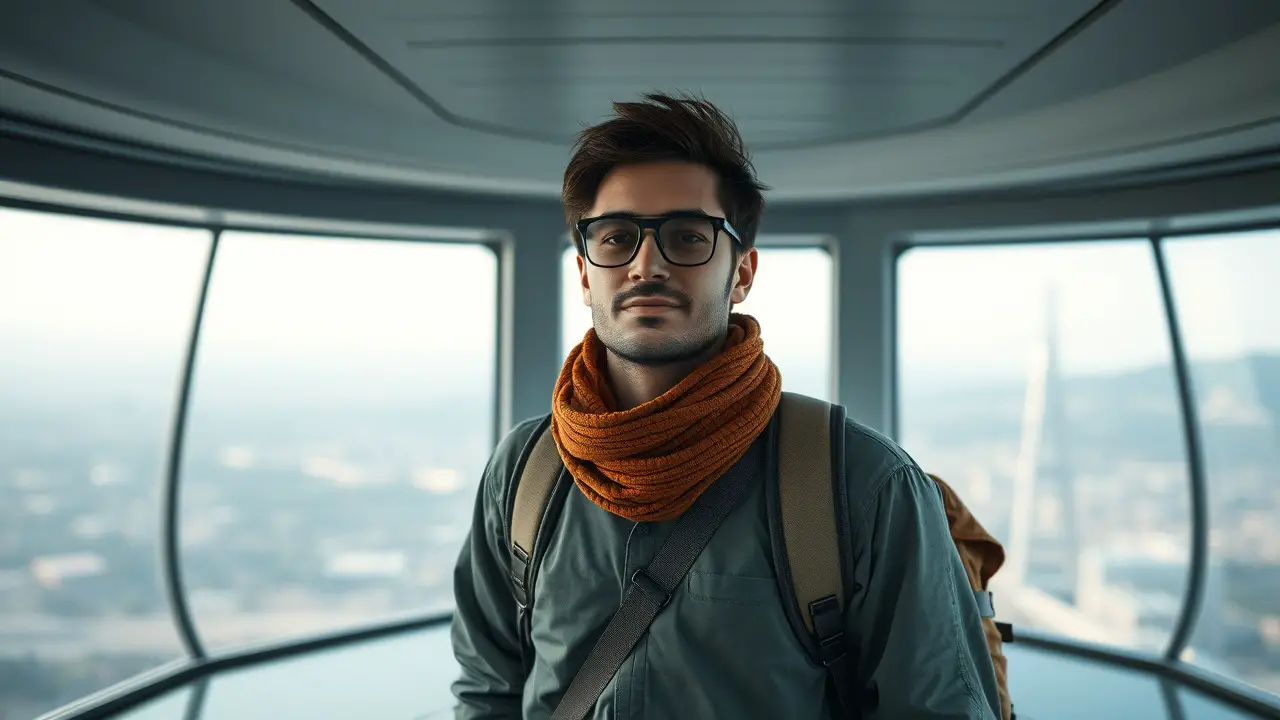
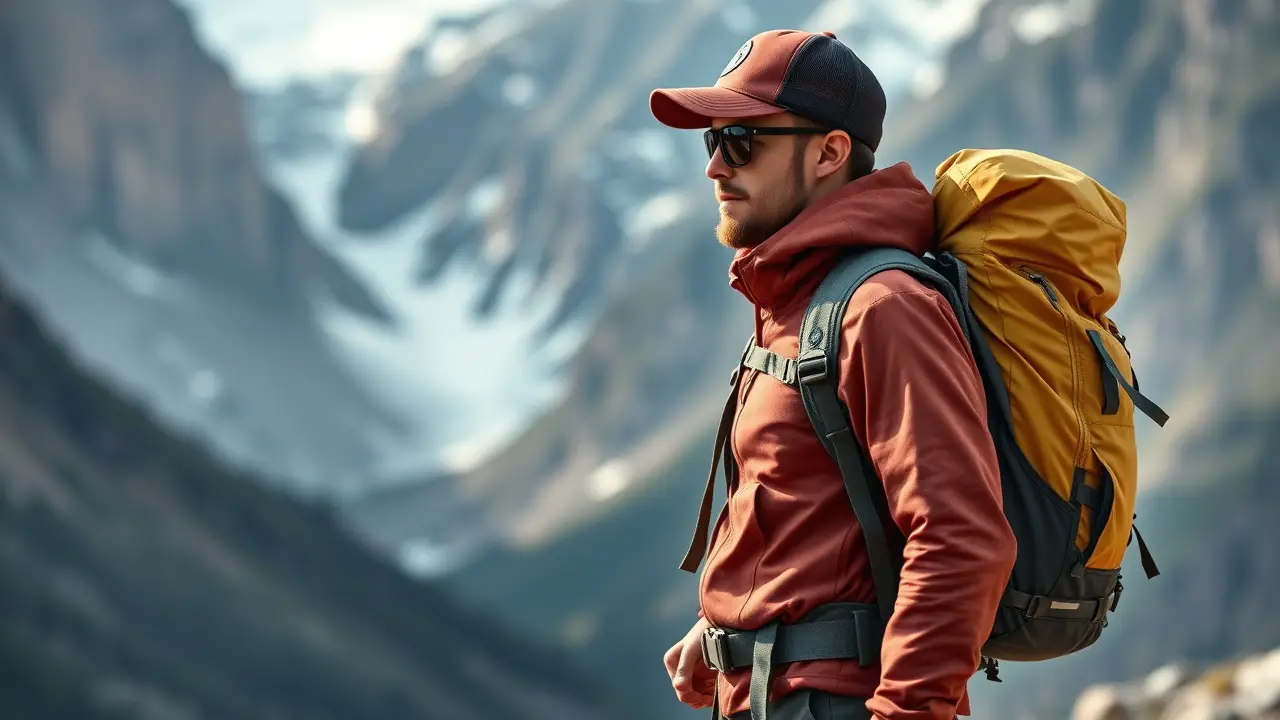
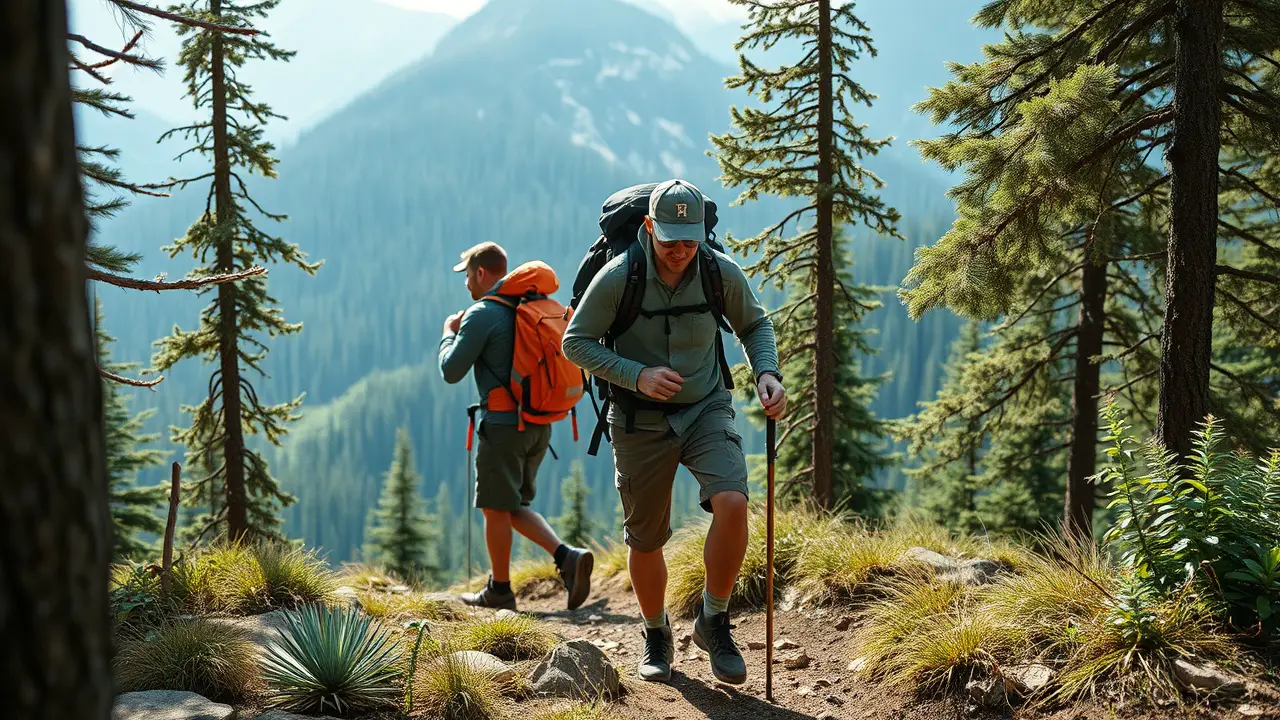
Leave a Reply